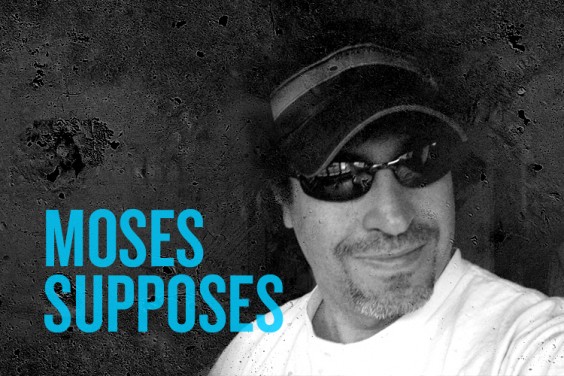Moses Avalon is one of the nation’s leading music-business consultants and artists’-rights advocates and is the author of a top-selling music business reference, Confessions of a Record Producer. More of his articles can be found at www.mosesavalon.com.
I grew up in the aftermath of the “hippie” era — the one that made political protests into a social activity. You risked arrest to end the Vietnam War — and met girls. Music was the rallying point. It gave the movement momentum.
Today, it seems that music is at the center of a different kind of youth revolution, one in which the values are far different from its forebears’ movement. Whereas pop music was once the soundtrack of the revolution, now it’s more or less the revolution’s object, manifesting as the “right” to free music. Or, as the P2P culture would put it: the right to access information and liberate music from the shackles of “Big Content,” which cannot accept the death of copyrights.
“Big Content.” Even the term itself positions artists and their teams as part of “the establishment” — the way a cop would symbolize Big Brother. Those who like to share music libraries through P2P services have cast record labels as the Nixon administration, while they, the illegal P2P users, are the hippie liberators, fighting for what they perceive as the basic human right to share that which should be free in the first place.
I get it. I understand their frustration. Content is pricey. A lot of it is junk too. And many in the culture seem to think that the music industry is as big and rich as utilities, oil, or aerospace. They are probably not aware that the music business is composed mostly of creative types, and, if you added up the revenue from all of the US entertainment industries for a year, it would barely reach what energy companies earn in a month.
At the heart of the anti-war movement was the hope to stop bloodshed. Hippies rebelled against something serious — the draft. What is today’s P2P “sharing” movement about? Free tunes? Cheaper flicks? And what are the parents of today’s youth movement thinking? They have to be hoping that their offspring will pursue a cause more deserving of jail time than overturning the copyright regime. What will today’s rebels do when the wholesale illegal sharing of music comes to an end in the Americas (and it will)?

